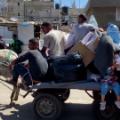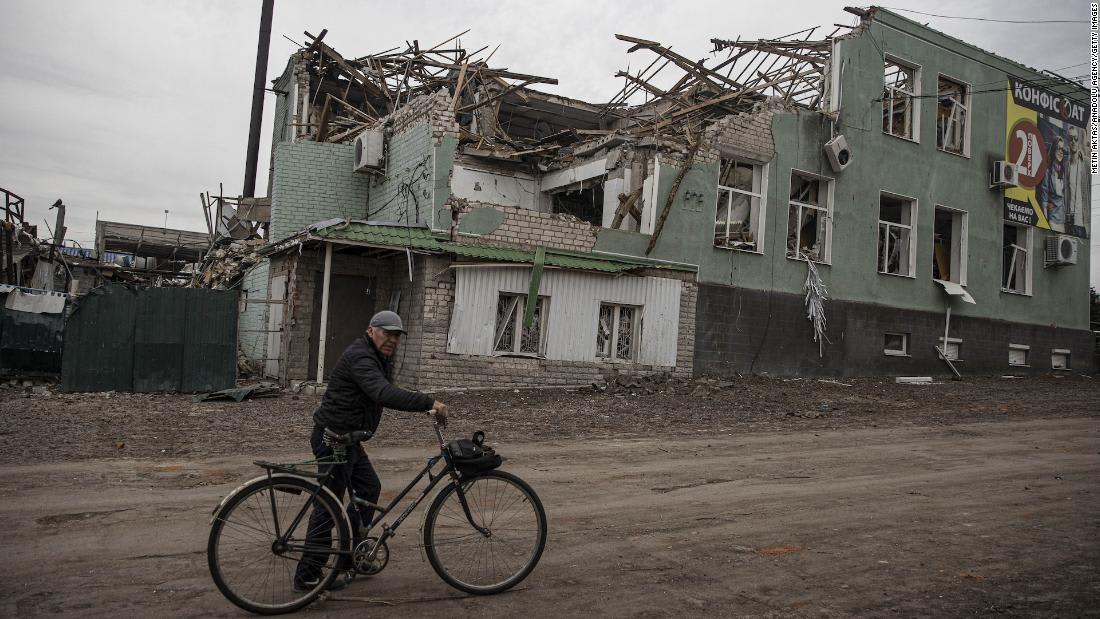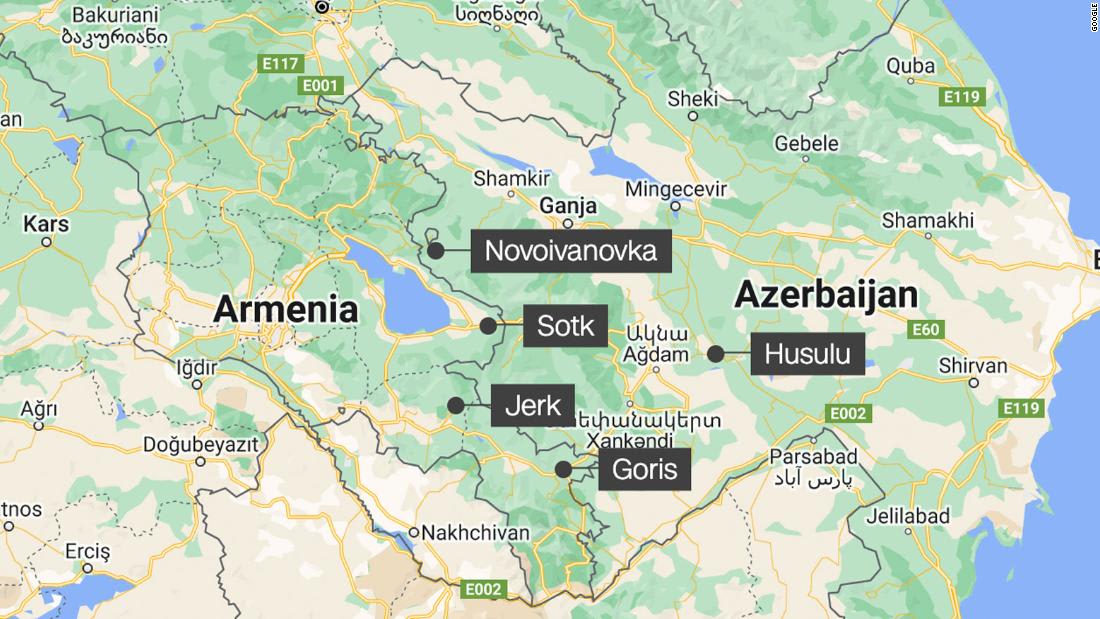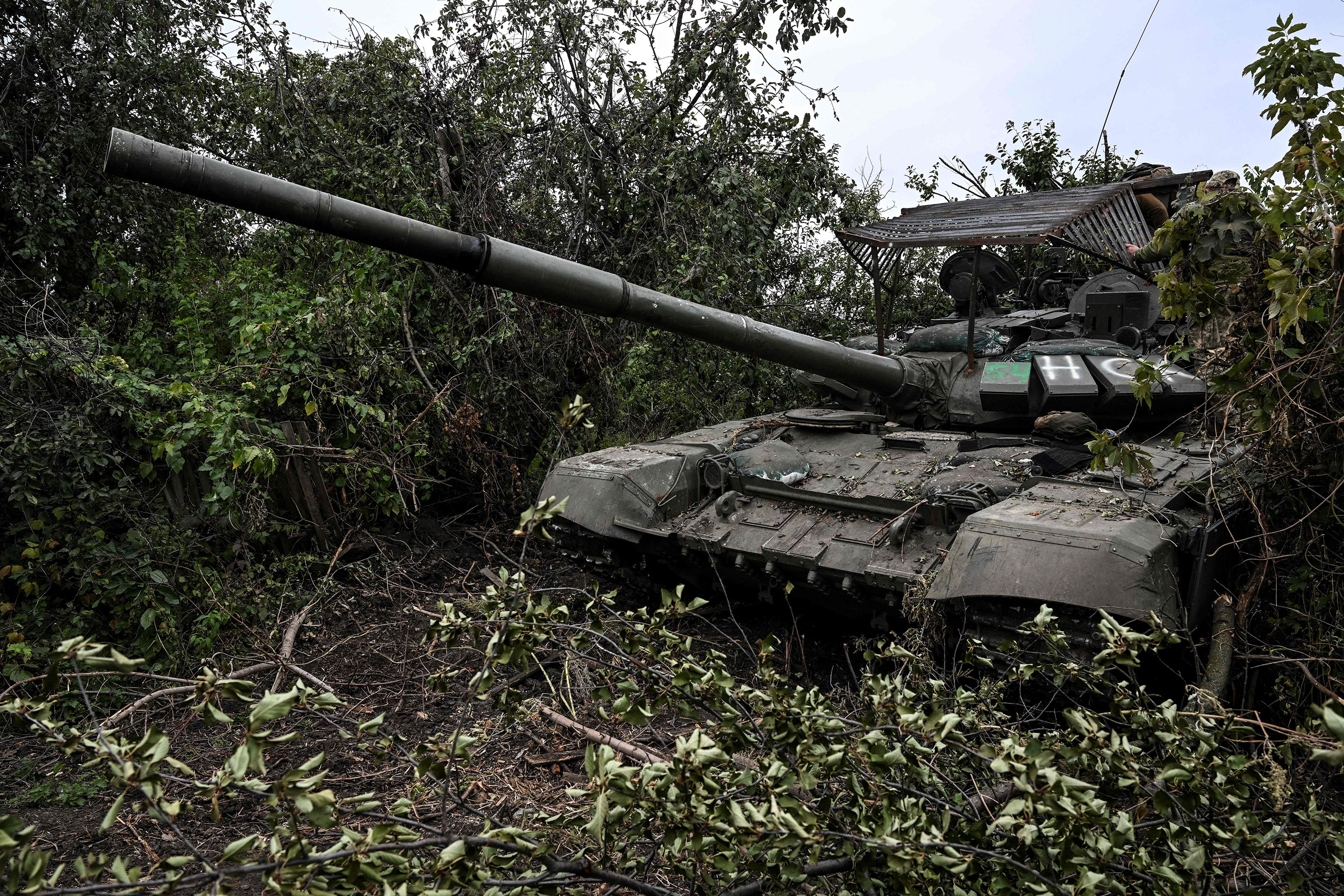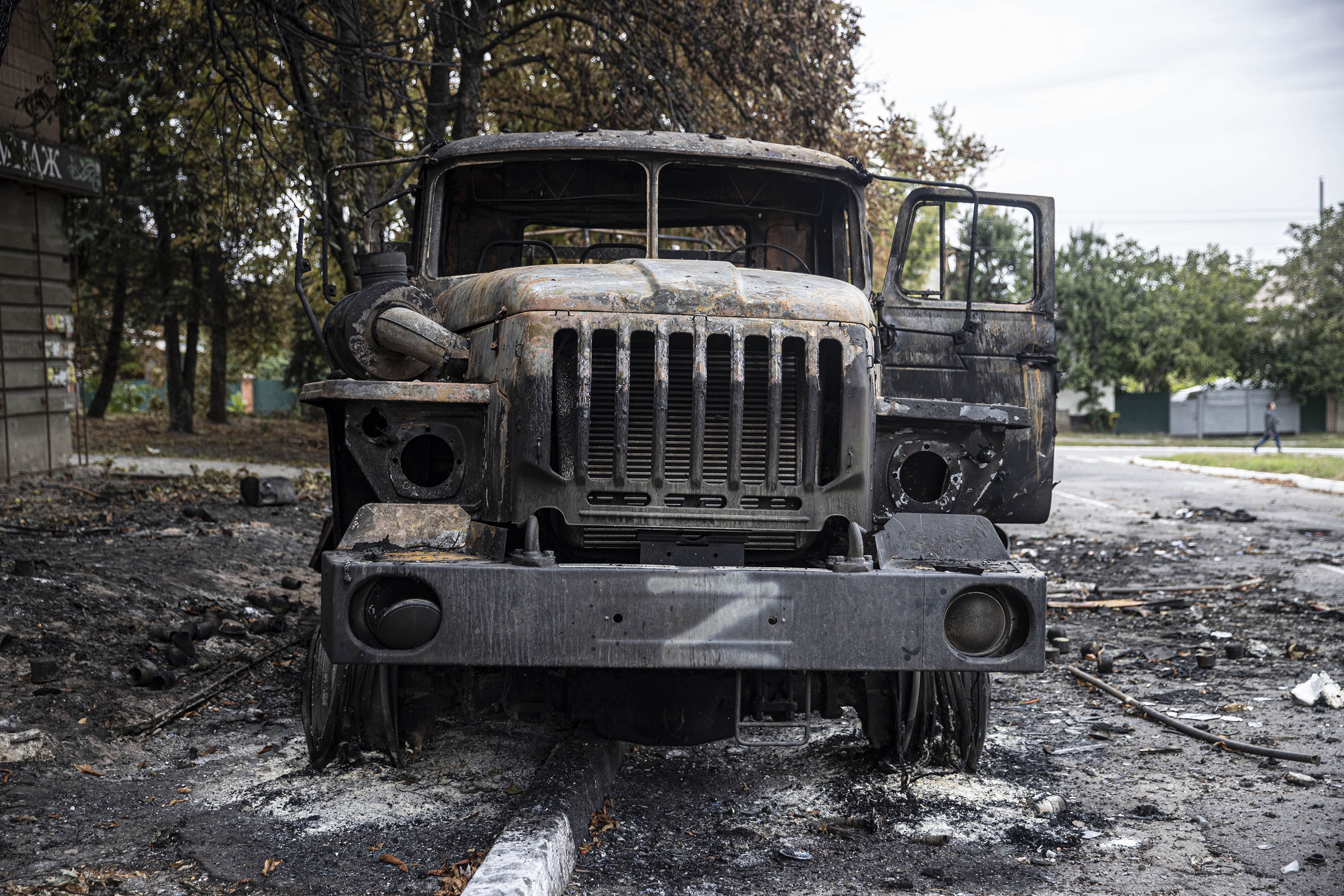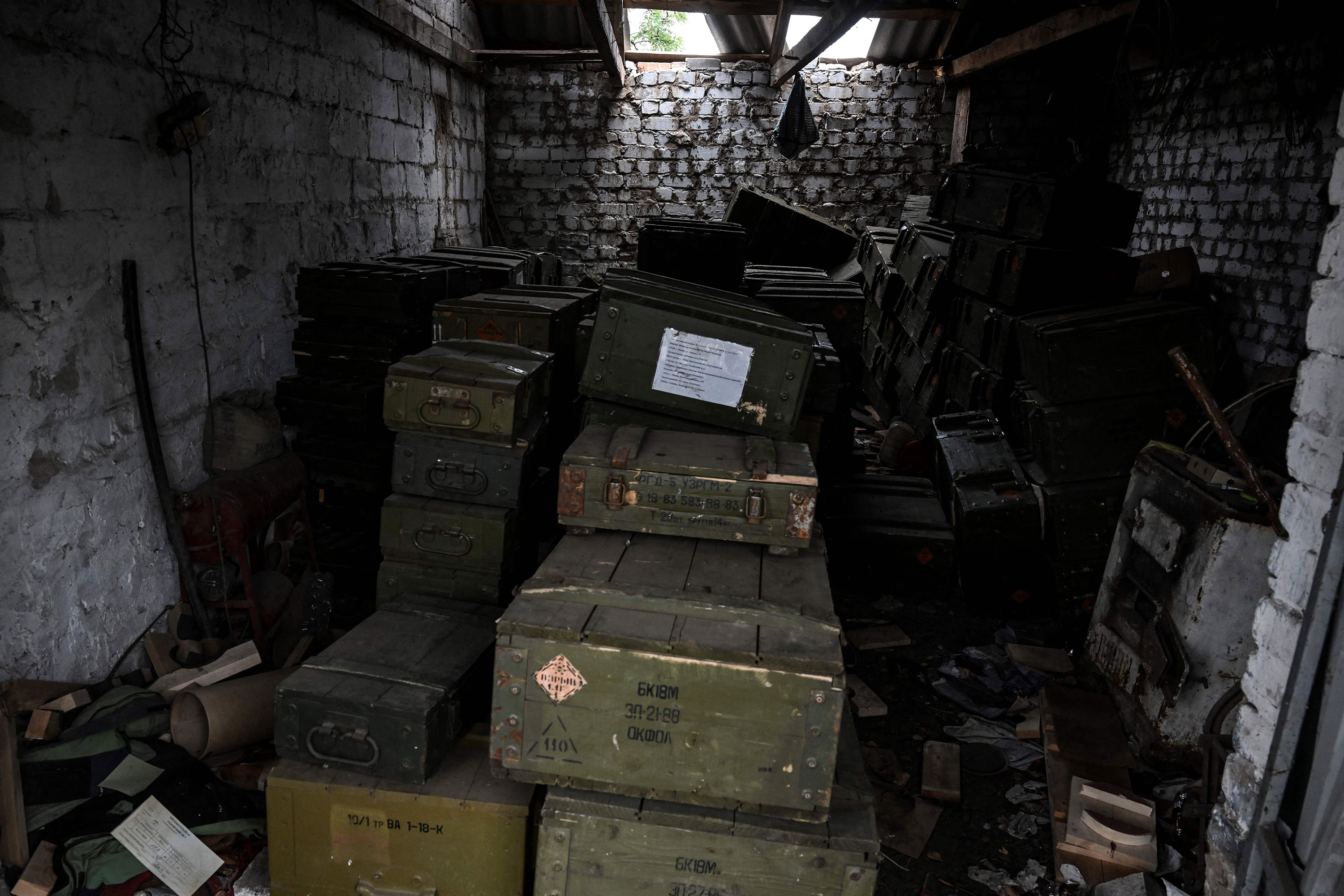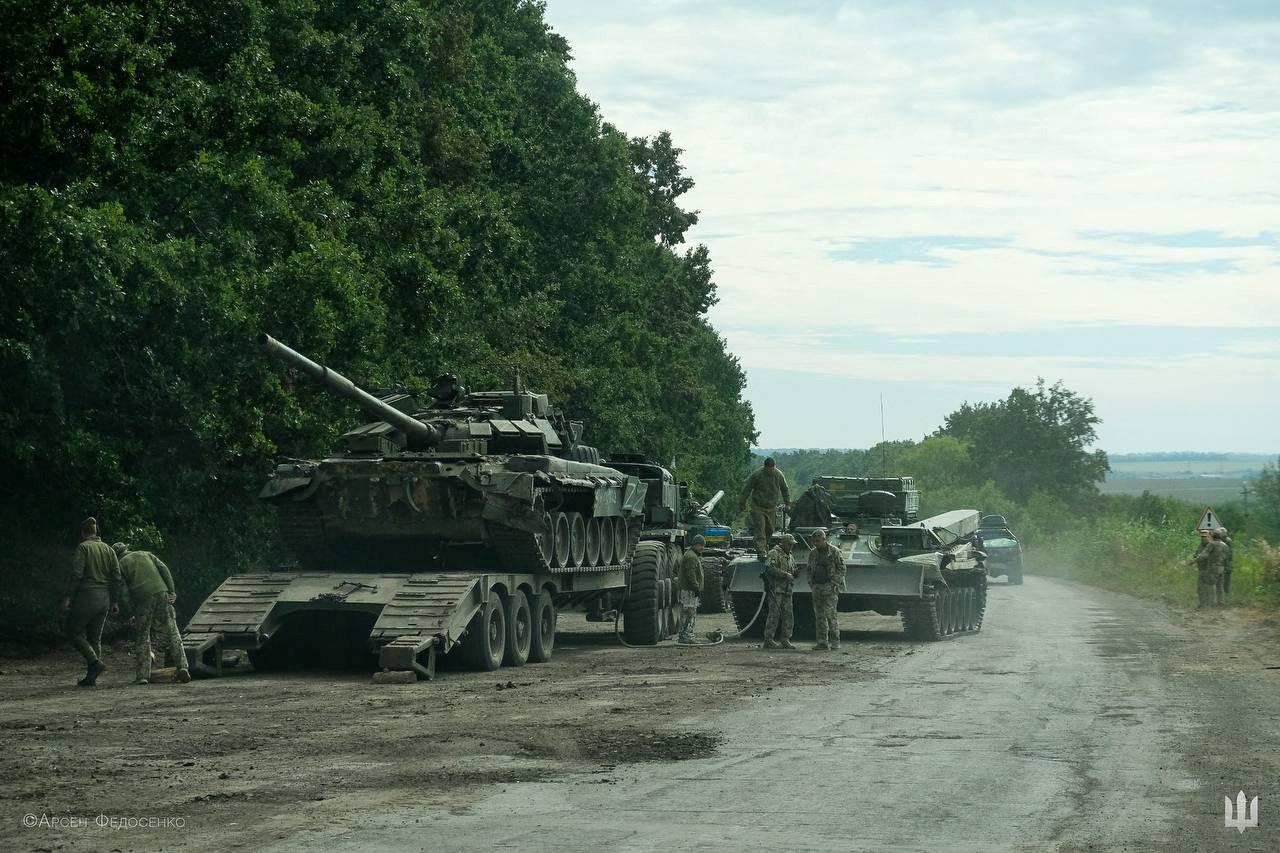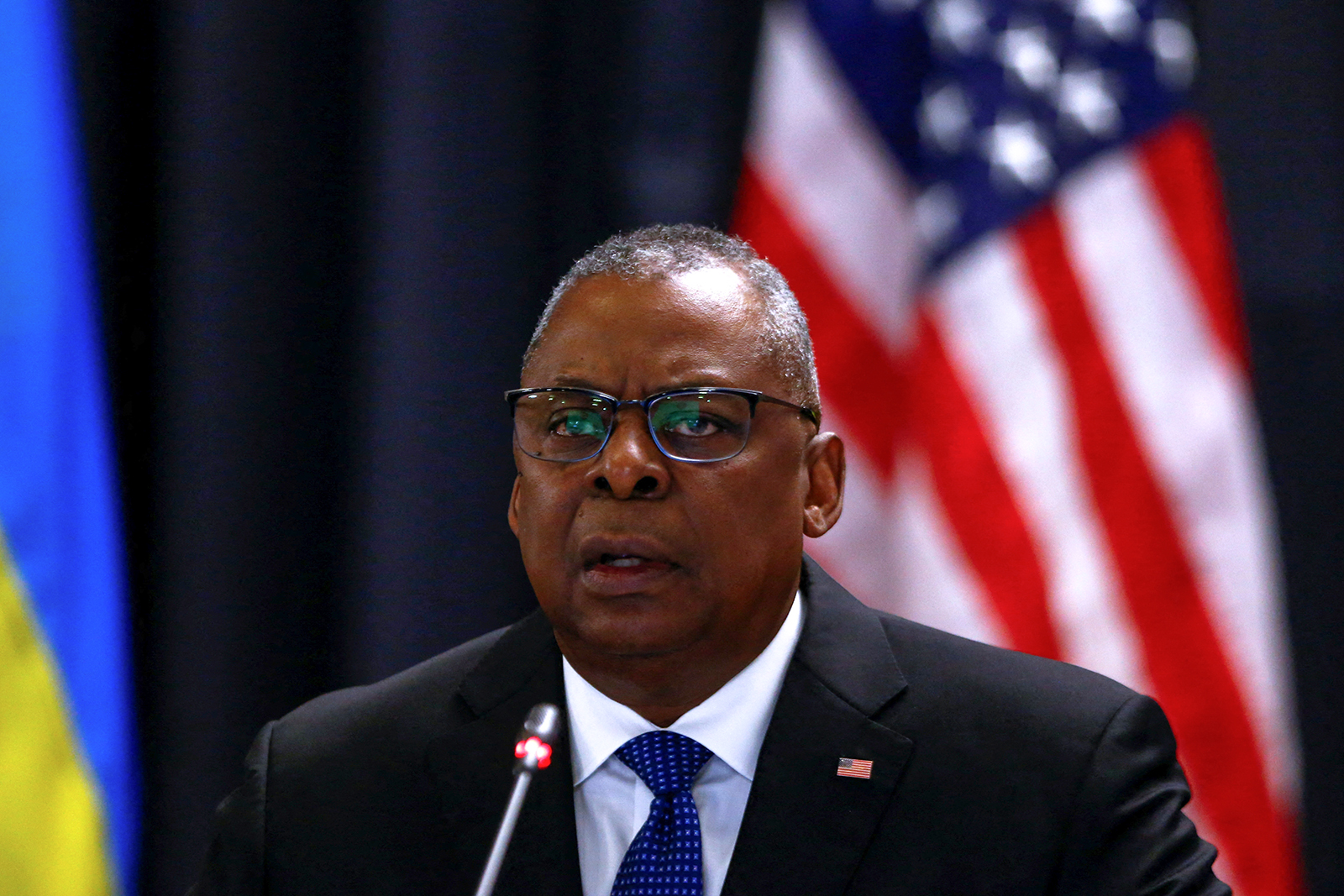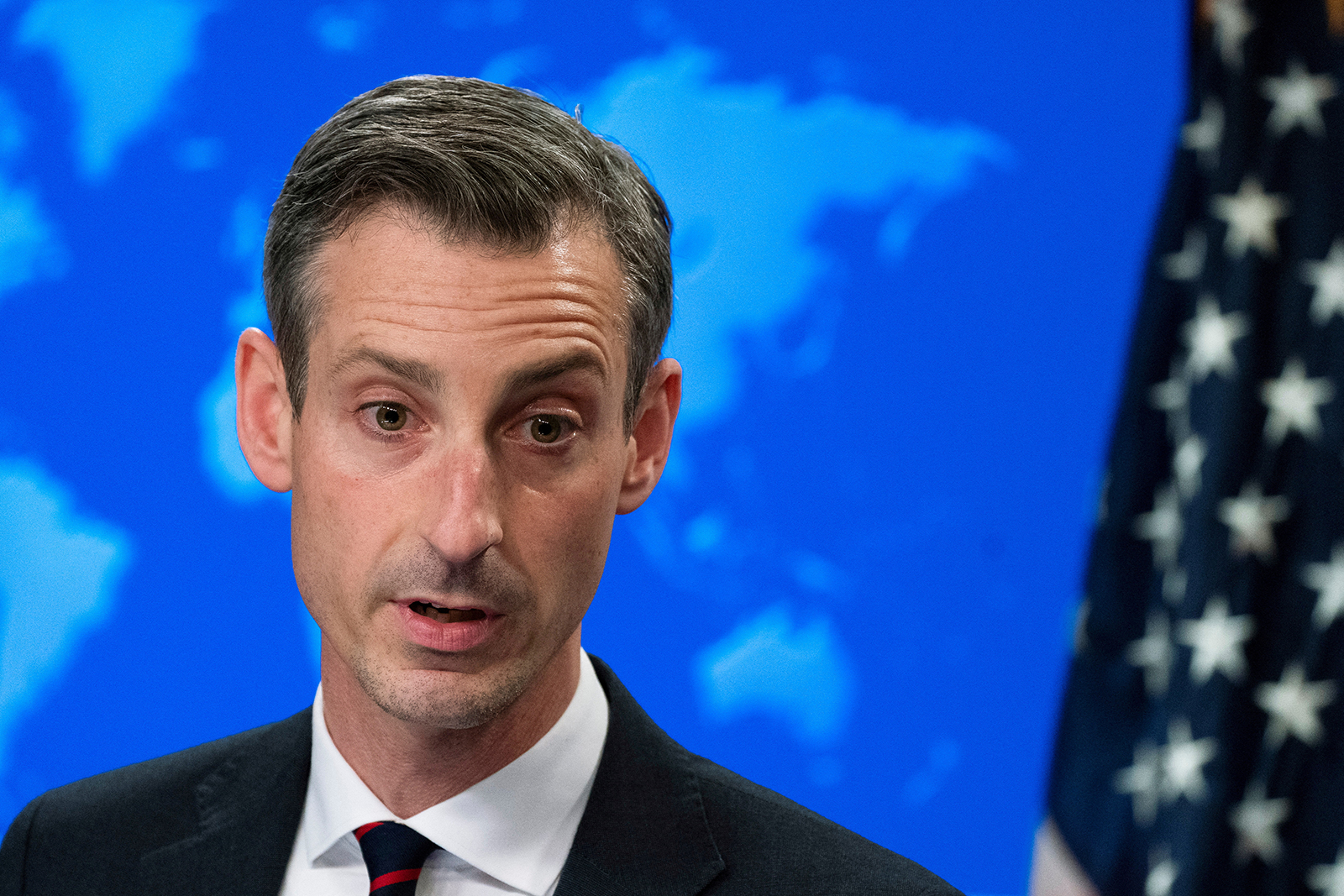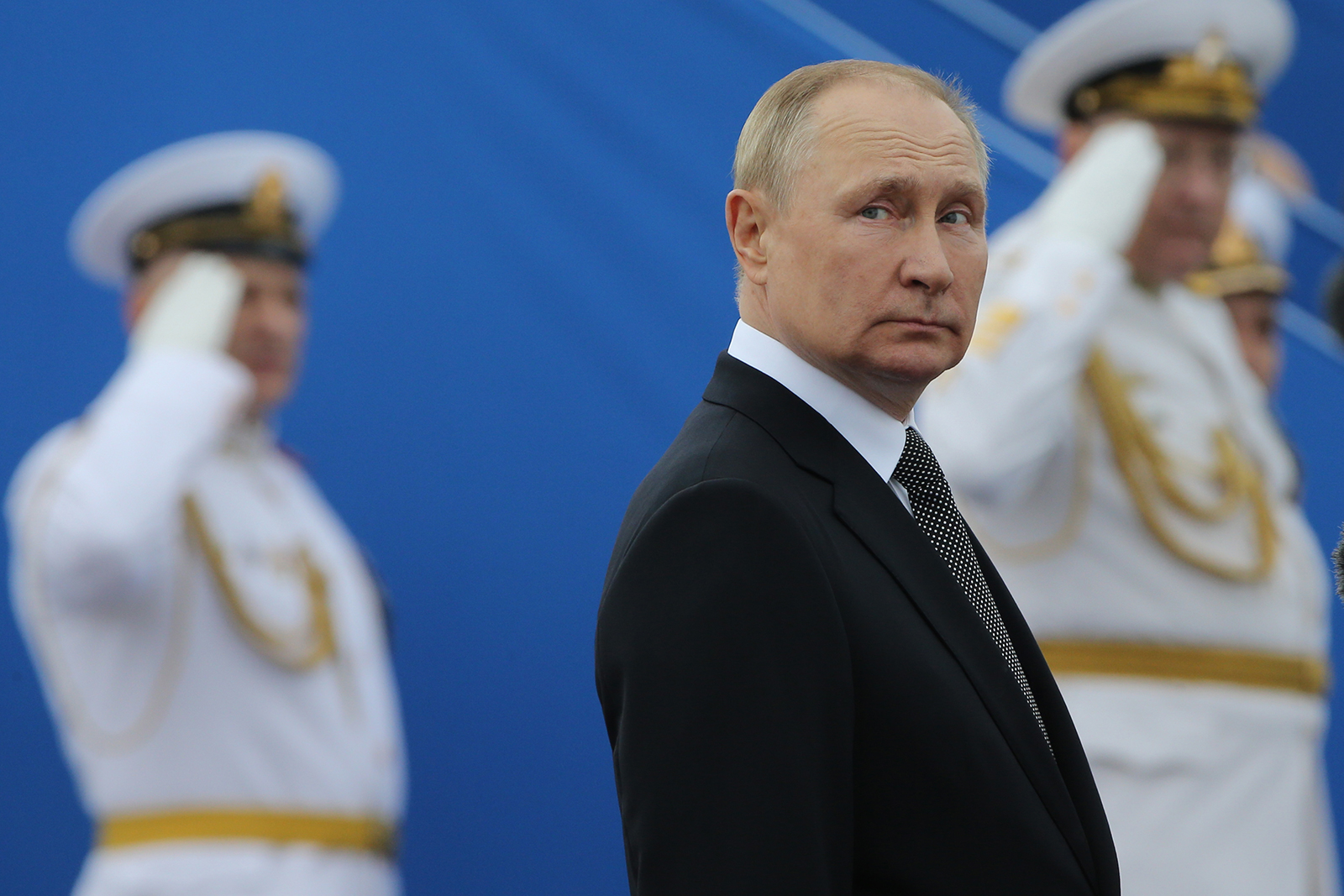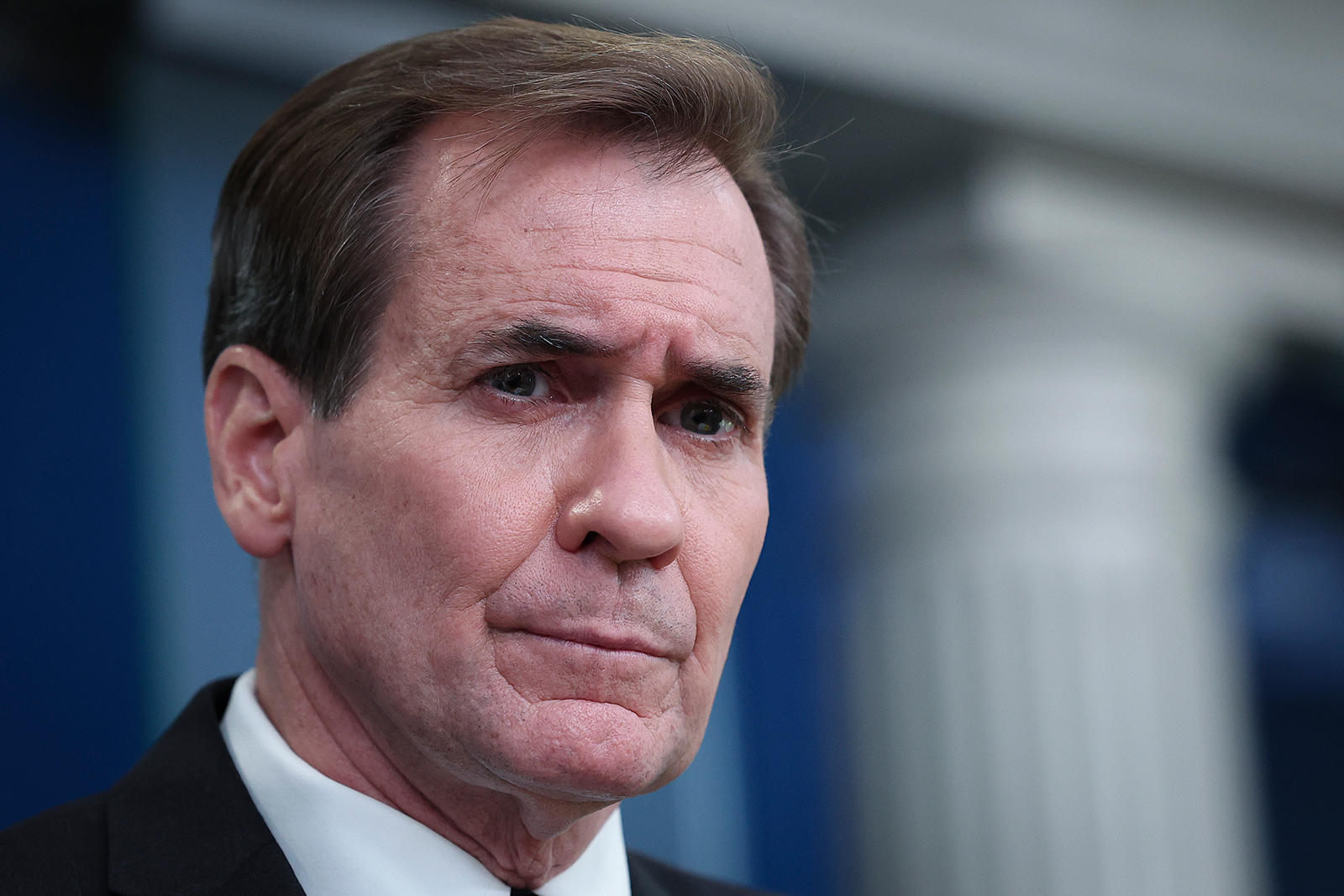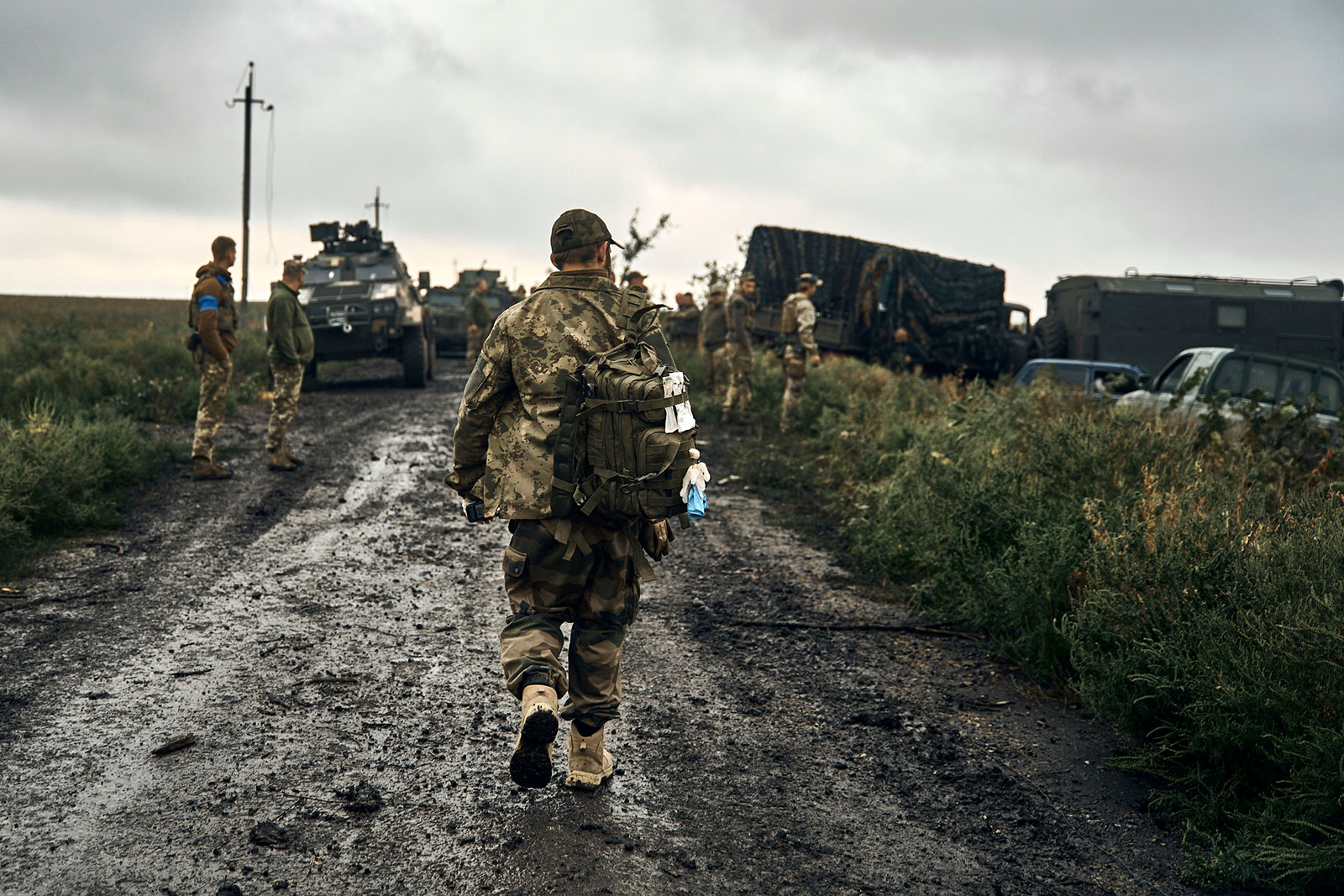
As Ukraine continues to liberate swathes of territory from Russian occupation in the east, presidential military adviser Oleksiy Arestovych says the country’s counteroffensive has “slowed down slightly.”
“The counteroffensive continues but has slowed down slightly because most of the Ukrainian forces are fighting to capture the city of Lyman, to open our way into the Luhansk region. We will intensify our strikes and liberate new territories in a different way,” he told CNN’s Becky Anderson in an interview.
Lyman, an important rail hub, is roughly 37 miles (60 kilometers) west of the strategically important Ukrainian city of Severodonetsk.
President Volodymyr Zelensky says Ukrainian forces have taken 6,000 square kilometers of land since the beginning of the month. His adviser also said they conducted a storm operation that liberated “more than 300 settlements in four days.”
“We prepared carefully for this. It has taken months of planning. We used reconnaissance and accuracy, we used our allies, especially the United States army, for information on this, and we used Western weapons,” Zelensky added.
During the recent offensive, Ukrainian forces managed to capture Russian weaponry that would support around three brigades in their fighting, Arestovych told CNN. He also said Russia suffered “huge casualties” and lost some soldiers who Ukraine had captured as prisoners of war. Asked by CNN whether they will be afforded the rights they are entitled to under the Geneva convention, he said “absolutely.”
“We are a European army and a European country, we follow international law. We do not break the Geneva Convention or other international conventions about the rules of war… We give them rights and the possibility to call home, their mothers, and fathers…and to speak with journalists if they want,” Arestovych continued.
Arestovych said Ukrainian forces used disinformation to trick Russian soldiers on the battlefield by making them think they were going to strike at Kherson.
“They thought we were going to start the main strike on the city of Kherson. We did start our strike on Kherson, but it was an assisted strike, not the main strike. The main strike we provided in the east of our country, and the Russians were completely surprised about this, because two months before, we were only speaking about the Kherson region. That’s why we liberated territory in four days that Russians tried to keep for about four months.” he said.


